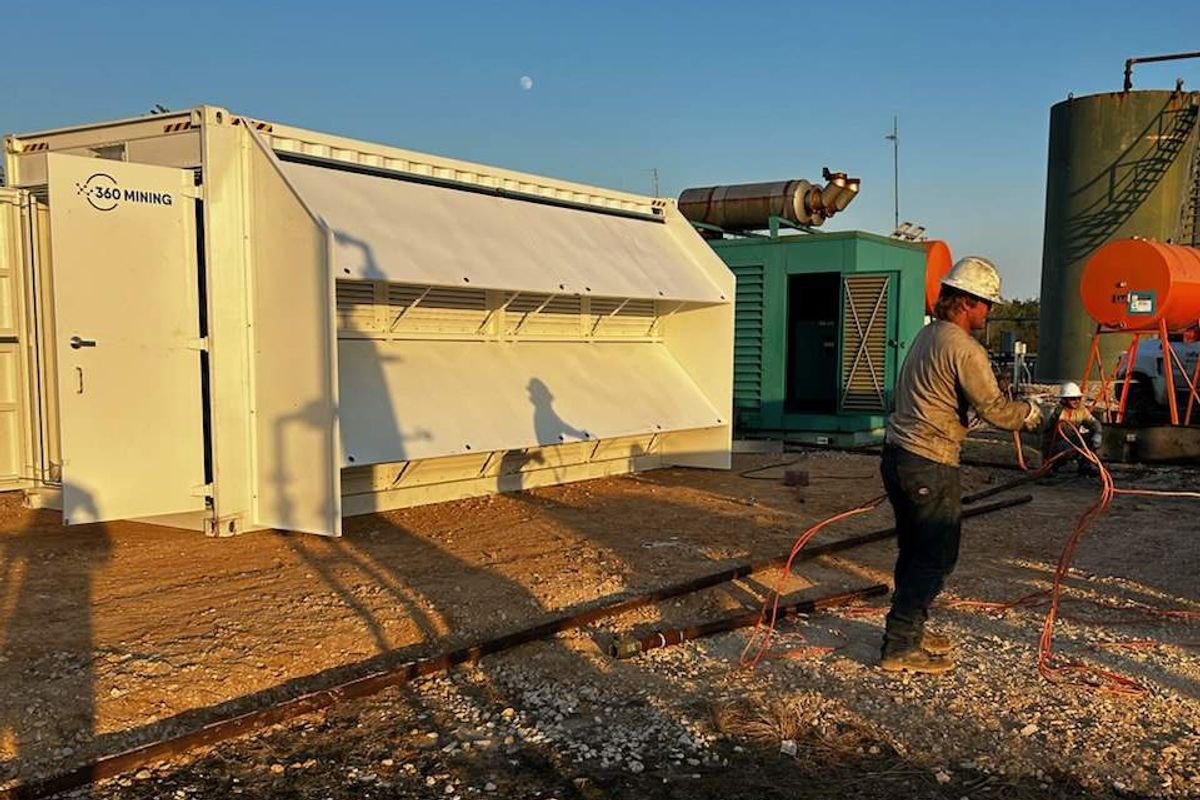Energy Tech Nexus announces international startups to pitch at Pilotathon
Ready, Set, Pitch
Energy Tech Nexus will host its Pilotathon and Showcase as part of Houston Energy & Climate Startup Week next Tuesday, Sept. 16, featuring insightful talks from industry leaders and pitches from an international group of companies in the clean energy space.
This year's event will center around the theme "Energy Access and Resilience." Attendees will hear pitches from nine Pilotathon pitch companies, as well as the 14 companies that were named to Energy Tech Nexus' COPILOT accelerator earlier this year.
COPILOT partners with Browning the Green Space, a nonprofit that promotes diversity, equity and inclusion (DEI) in the clean energy and climatetech sectors. The Wells Fargo Innovation Incubator (IN²) at the National Renewable Energy Laboratory backs the COPILOT accelerator, where companies are tasked with developing pilot projects for their innovations.
The nine Pilotathon pitch companies include:
- Ontario-based AlumaPower, which has developed a breakthrough technology that converts the aluminum-air battery into a "galvanic generator," a long-duration energy source that runs on aluminum as a fuel
- Calgary-based BioOilSolv, a chemical manufacturing company that has developed cutting-edge biomass-derived solvents
- Atlanta-based Cultiv8 Fuels, which creates high-quality renewable fuel products derived from hemp
- Newfoundland-based eDNAtec Inc., a leader in environmental genomics that analyzes biodiversity and ecological health
- Oregon-based Espiku Inc., which designs and develops water treatment and mineral extraction technologies that rely on low-pressure evaporative cycles
- New York-based Fast Metals Inc., which has developed a chemical process to extract valuable metals from complex toxic mine tailings that is capable of producing iron, aluminum, scandium, titanium and other rare earth elements using industrial waste and waste CO2 as inputs
- New Jersey-based Metal Light Inc., which is building a circular, solid metal fuel that will serve as a replacement for diesel fuel
- Glasgow-based Novosound, which designs and manufactures innovative ultrasound sensors using a thin-film technique to address the limitations of traditional ultrasound with applications in industrial, medical and wearable markets
- Calgary-based Serenity Power, which has developed a cutting-edge solid oxide fuel cell (SOFC) technology
The COPILOT accelerator companies include:
- Accelerate Wind
- Aquora Biosystems Inc.
- EarthEn
- Electromaim
- EnKoat
- GeoFuels
- Harber Coatings Inc.
- Janta Power
- NanoSieve
- PolyQor Inc.
- Popper Power
- Siva Powers America
- ThermoShade
- V-Glass Inc.
Read more about them here.
The Pilotathon will also include a keynote from Taylor Chapman, investment manager at New Climate Ventures; Deanna Zhang, CEO at V1 Climate Solutions; and Jolene Gurevich, director of fellowship experience at Breakthrough Energy. The Texas Climate Tech Collective will present its latest study on the Houston climate tech and innovation ecosystem.
CEOs Moji Karimi of Cemvita, Laureen Meroueh of Hertha Metals and others will also participate in a panel on successful pilots. Investors from NetZero Ventures, Halliburton Labs, Chevron, Saudi Aramco, Prithvi VC and other organizations will also be on-site. Find registration information here.
- Houston Energy and Climate Startup Week announces 2025 dates, key events ›
- Houston Energy Transition Initiative announces new members for 2025 ›
- Houston energy hub announces first cohort for new accelerator ›
- 8+ can't-miss events at Houston Energy and Climate Startup Week 2025 ›
- EnergyTech Nexus names Global Founding Partners - Energy Capital ›














